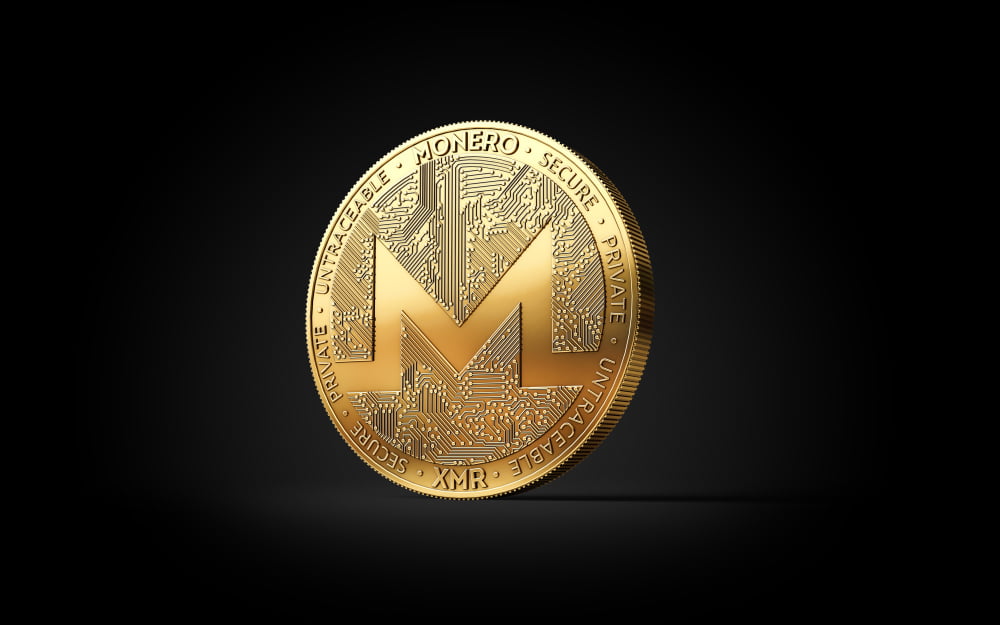From Prohibitions to Gains: The Diverse Products of Dark Web Marketplaces
This deep web has long been a topic of intrigue and worry, grabbing the attention of both law enforcement and curious individuals alike. Hidden underneath the surface of the internet, the darknet operates as a murky marketplace where a multitude of goods and services can be found, often outside of the reach of traditional regulations. While it is frequently associated with illicit activities, the reality of dark web markets is much complex, revealing a spectrum that ranges from prohibited substances to valid offerings.
In recent years, these online marketplaces have evolved, reflecting changes in technology, user needs, and societal attitudes. Some markets have been closed in high-profile operations, while others have emerged, adjusting to an ever-changing landscape. This article delves into the varied offerings of dark web markets, examining how they function, what is available, and the implications of their existence for both consumers and society at whole.
Grasping Darknet Marketplaces
Dark web markets are online platforms that operate on the dark web, permitting users to purchase and sell a variety of goods and services, frequently without revealing their identity. These markets can range from legitimate items, such as digital products and privacy-enhancing tools, to illegal offerings, including drugs, weapons, and stolen data. The anonymity provided by the darknet is a key factor in the functioning of these markets, as it protects users from law enforcement and possible consequences.
Entering dark web markets typically requires specific software, such as Tor, which conceals the user's IP address and scrambles internet traffic. This creates a level of privacy that attracts a varied user base, comprised not only of buyers and sellers but also of those seeking information or participating in discussions about privacy and security. The unique ecosystem within these platforms often includes user ratings and feedback systems to build trust among participants, even with the intrinsic risks involved.
The rise of dark web markets has prompted both interest and concern from multiple sectors, including law enforcement and cybersecurity experts. While these markets can facilitate illicit activities, they also raise questions about digital privacy, the ethics of online trading, and the effectiveness of current regulations. As dark web markets continue to evolve, they present a challenging landscape that mirrors broader societal trends towards anonymity in digital communication and commerce.
Types of Goods and Services
Dark web markets are known for their wide-ranging selection of goods and services that serve a variety of preferences and requirements. One of the most notable categories includes illegal drugs. Users can find all sorts from marijuana to artificial opioids, with vendors offering multiple strains, quantities, and potency levels. The secrecy of the dark web allows users to browse options without the concern of legal repercussions, creating a distinct ecosystem for buyers and sellers alike.
In alongside narcotics, dark web platforms also provide access to fake items. This can range from phony IDs to replicated credit cards and high-end products. Merchants often take great care in creating plausible replicas, and consumers often seek these products for various reasons, including avoiding police detection or engaging in fraudulent activities. The increase of these goods highlights the hazards associated with involving oneself in dark web transactions.
Another noteworthy offering on dark web markets is hacking services and online tools. darknet markets onion address This includes a range from phishing kits and malware to complete hacking services aimed at breaching networks and exfiltrating sensitive information. These services attract people or collectives with harmful goals, tapping into a growing demand for digital crime activities. The dark web has truly become a marketplace for those looking to take advantage of vulnerabilities in digital security, reflecting the changing landscape of crime in the modern age.
Legal Risks and Risks
Engaging with unauthorized web platforms presents substantial legal implications, often varying by location. Many transactions associated with these markets, such as purchasing forbidden drugs, arms, and stolen information, are criminal offenses. Law enforcement authorities have created complex techniques to trace participants and suppliers, which can cause apprehensions and charges. Participants may naively believe their secrecy protects them, but the fact is that multiple examples show people being apprehended for their internet activities.
Additionally, the dangers involved extend beyond legal prosecution. Participants face potential deceptions and fraud, as the hidden web does not have the equivalent buyer protections as mainstream markets. Consumers can waste cash on counterfeit items or be unable to receive products altogether. Furthermore, engaging in deals on these markets can also subject individuals to harmful entities that may engage in coercion, aggression, or coercive demands if they perceive a participant as susceptible.
Finally, there are more extensive societal implications of dark web platforms that cannot be overlooked. Their operation sustains criminal markets and compromises authorized companies. The trade of forbidden products and services can lead to higher criminal activity, substance abuse, and social damage. Both participants and the general public must understand the far-reaching consequences of involving themselves in these underground ecosystems, as they contribute to sustaining a cycle of illicit conduct and its associated threats.
